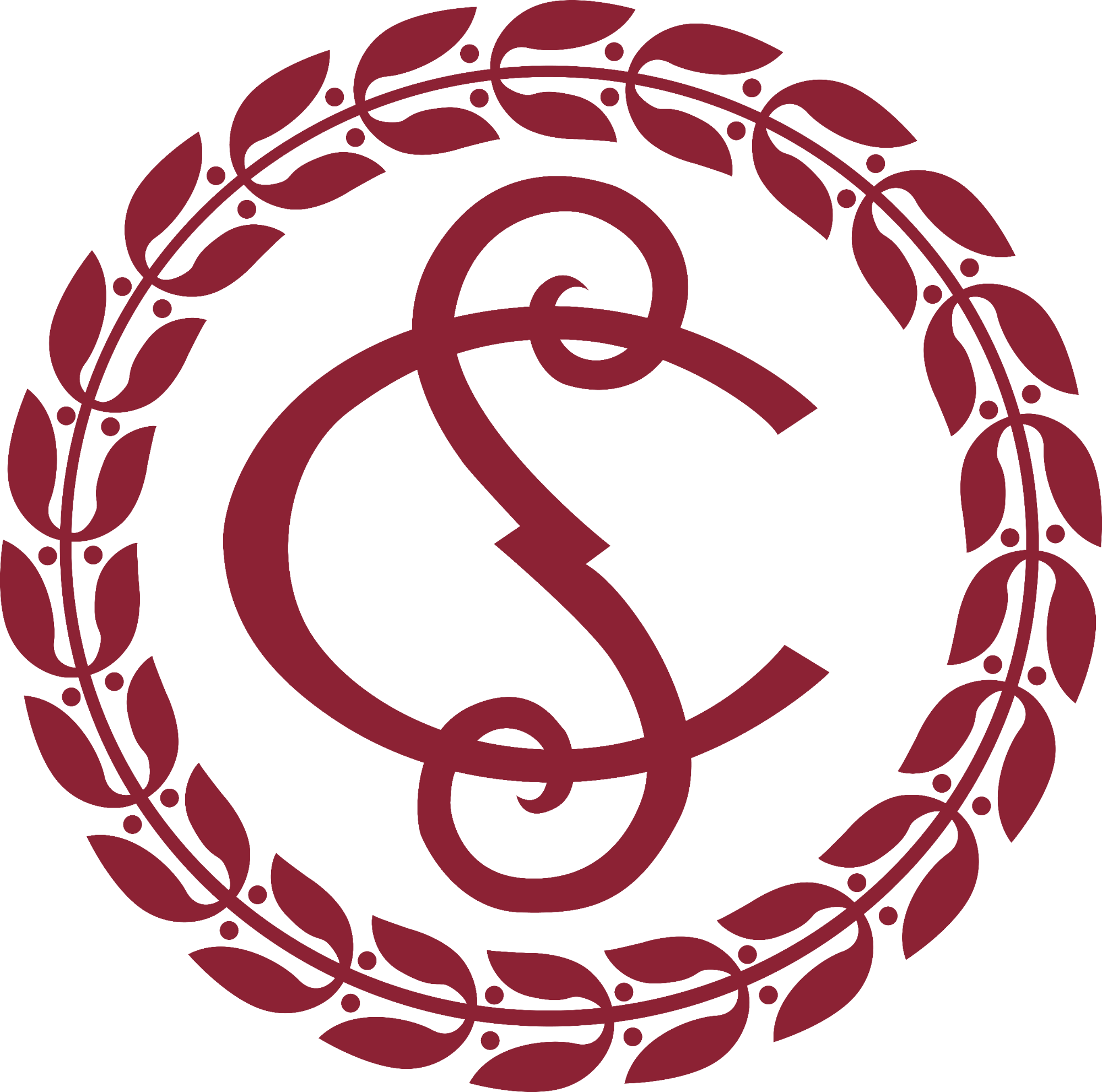Case in Brief
Cases in Brief are short summaries of the Court’s written decisions drafted in plain language. They are prepared by communications staff of the Supreme Court of Canada. They do not form part of the Court’s reasons for judgment and are not for use in legal proceedings.

R. v. Kahsai
Additional information
- See full decision
- Date: July 28, 2023
- Neutral citation: 2023 SCC 20
- Breakdown of the decision:
- On appeal from the Court of Appeal of Alberta
- Case information (40044)
- Webcast of hearing (40044)
-
Lower court rulings:
- Convictions (Court of Queen’s Bench of Alberta) (unreported)
- Appeal (Court of Appeal of Alberta)
Case summary
The Supreme Court dismisses a new trial request for a man convicted of two murders.
This is a case about determining the proper role of amicus curiae in a criminal trial. “Amicus curiae” (the plural form is “amici”) is a Latin term meaning “friend of the court.” The amicus is an independent lawyer asked by a judge to take part in a case. They do not represent a party to the case. The precise role of the amicus is case-specific and will depend on the particular needs identified by the judge. When the accused does not have a lawyer, the judge may appoint an amicus to assist the court, for example by challenging the prosecution’s case and cross-examining witnesses. The goal is to make sure the judge or jury hears an “adversarial perspective” – an alternative to the prosecution’s version of the case – to come to a fair outcome.
Two amici were appointed at different times in the trial of Mr. Emanuel Kahsai, who was convicted by a jury for murdering two women in Calgary in 2015. The accused did not hire a lawyer to represent him at trial – he insisted on representing himself for the entire proceedings. The first amicus was appointed before trial to help Mr. Kahsai with the jury selection process. At trial, Mr. Kahsai was repeatedly disruptive. He did not question witnesses or present a defence. Partway through the trial, the judge decided to name a second amicus to cross-examine the Crown’s witnesses and ensure the proceedings were fair and appropriate. He was clear that the amicus would not act as the accused’s defense lawyer, to respect Mr. Kahsai’s right to represent himself. Despite the lawyer’s limited mandate, Mr. Kahsai resisted the appointment and mostly refused to cooperate with him throughout the proceedings.
At the end of the trial, the judge cut short Mr. Kahsai’s closing argument because he was not saying anything relevant to his defence. The judge did not ask the amicus to make closing arguments on behalf of Mr. Kahsai. The amicus did not ask permission to do so either because he thought the scope of his role prevented him from arguing on behalf of the defence.
Mr. Kahsai appealed his murder convictions to the Court of Appeal of Alberta. He argued the trial judge’s failure to appoint the amicus earlier in the trial and with a more adversarial role created the appearance of unfairness, which justified a new trial. Two of the three judges dismissed the appeal. They said that appointing the amicus with adversarial functions would have violated Mr. Kahsai’s right to represent himself. The third judge disagreed and wrote that imposing a lawyer on the accused when the case was complex and the accused was incompetent to self-represent did not infringe their right to control their own defence – rather, it preserved their right to a fair trial. Mr. Kahsai appealed to this Court.
The Supreme Court has dismissed the appeal.
The amicus’ delayed appointment and limited role did not justify ordering a new trial.
Writing for a unanimous Court, Justice Karakatsanis said the trial appeared fair to a reasonable observer, such that a new trial was not necessary. She said that while the amicus can never fully assume the role of the accused’s lawyer, they can take on “defence-like functions” when an adversarial perspective is necessary to ensure trial fairness.
In this case, Justice Karakatsanis said the appointment of an amicus with a broader mandate was at the trial judge’s discretion but that he was under no obligation to do so. She acknowledged the striking imbalance at trial due to Mr. Kahsai’s lack of representation and meaningful defence. However, “it is not clear that appointing amicus earlier or with a broader mandate would have provided much value for Mr. Kahsai, who forcefully resisted the appointment of amicus and sustained his objection to their participation throughout the trial”. In her view, the trial judge had sufficiently addressed trial fairness concerns in the circumstances. For these reasons, Justice Karakatsanis dismissed the appeal.
